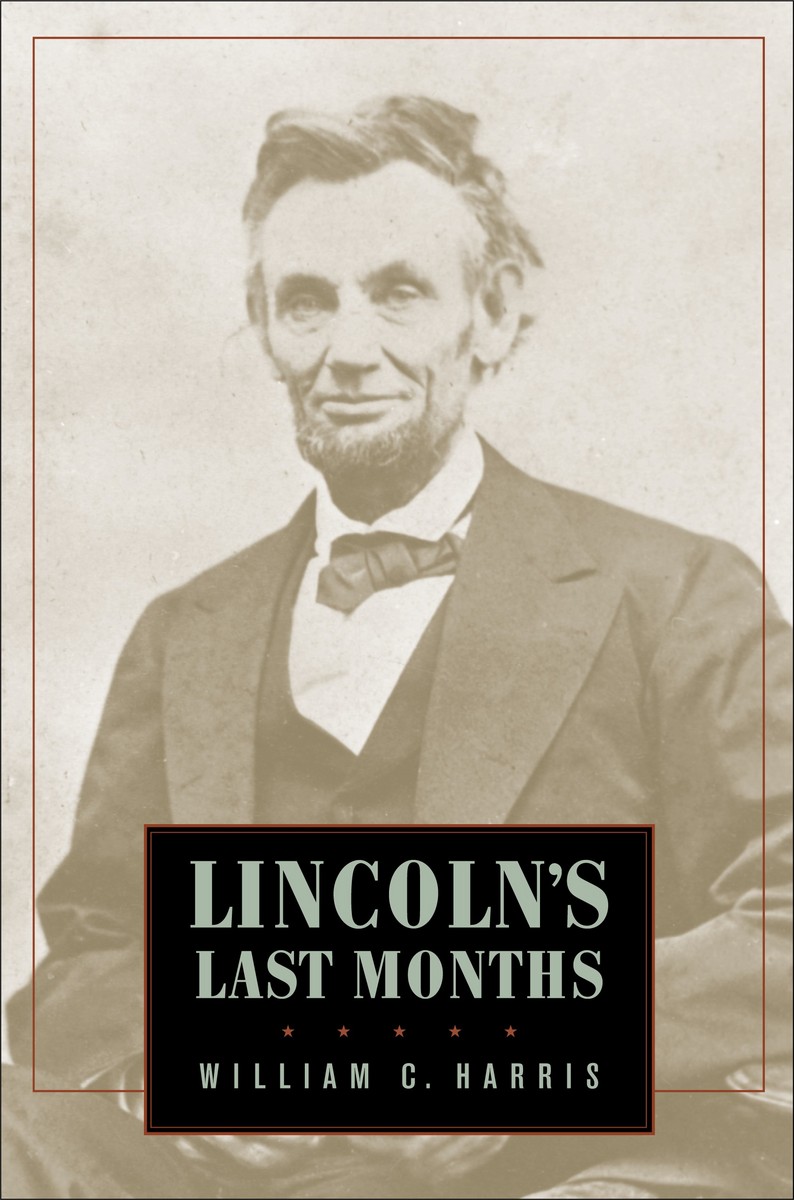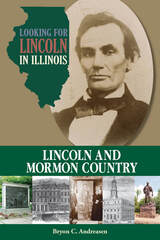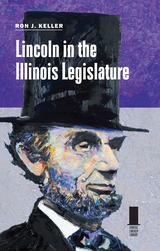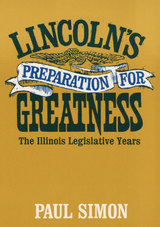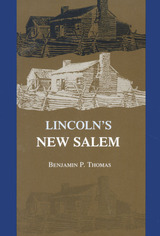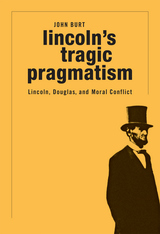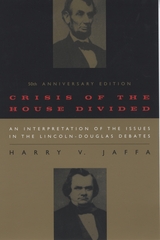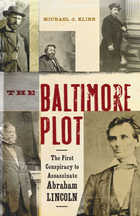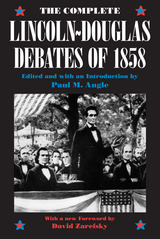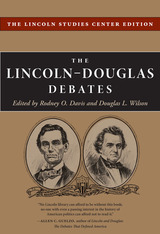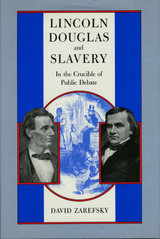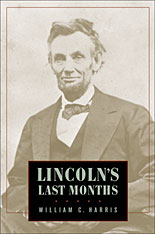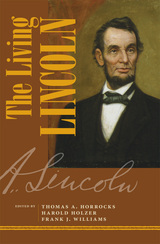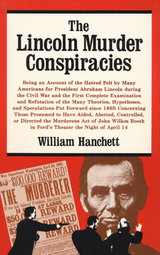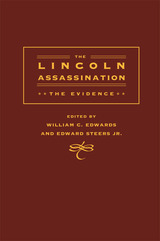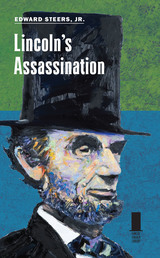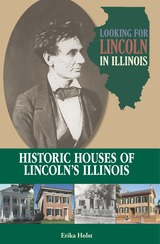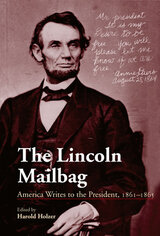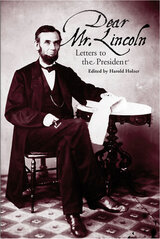Though the reader knows exactly what will happen to Abraham Lincoln on Good Friday, 1865, William C. Harris brings nail-biting tension, along with heartbreaking pathos and insightful historical analysis, to the story of Lincoln's final days. This is masterful story-telling and gripping history.
-- Harold Holzer, Co-chairman, US Lincoln Bicentennial Commission
Just as his prize-winning book on Lincoln and Reconstruction revised our understanding of that subject, here William C. Harris finds much that is fresh, insightful, and important to say about the last months of Lincoln's life. Students of Lincoln and the Civil War will want this book on their shelves.
-- Michael Holt, author of Rise and Fall of the American Whig Party
There are few neglected subjects in the field of Lincolniana, but Professor Harris has found one--the last five months of Abraham Lincoln's life. He offers readers a thoroughly researched and fair-minded historical evaluation of the beginning of Lincoln's second presidential term, restoring a sense of indeterminacy to a surprisingly revealing period that has too often been sacrificed to the dramas of Appomattox and assassination.
-- Mark E. Neely, Jr., author of The Last Best Hope of Earth: Abraham Lincoln and the Promise of America
Lincoln's Last Months shows in clear and fascinating detail how the embattled Civil War president was able, in the final six months of his life, to contend with a seemingly overwhelming array of military and political problems.
-- Douglas L. Wilson, Lincoln Studies Center, Knox College
Harris's important and revealing study shows that during these last months the President exhibited his greatest mastery, both as a political leader and a military strategist. This fine book is admirable for the depth of its research and for the judiciousness of its interpretations. It is one of the half-dozen books on Lincoln published in the last decade that must be read by every student of the American Civil War.
-- David Herbert Donald, Charles Warren Professor of American History Emeritus, Harvard University
Harris provides detail that has been paraphrased or neglected by other biographers...In even-tempered, observant prove, [he] ably organizes his facts into a presentation that even veteran Lincoln readers will appreciate as fresh.
-- Gilbert Taylor Booklist
This is a first-rate monograph for which Harris has done diligent spadework. This Lincoln isn't the sentimentalized or melancholy saint or savior, but a proficient, inventive, even cheerful administrator, dealing with diplomatic detail (chiefly with the British over Canada), naval technology and patronage squabbles in such key states as New York. Harris also provides a fresh retelling of the story of Lincoln's murder and martyrdom.
-- Edwin M. Yoder Jr. Washington Post Book World
Like viewers of the old "Columbo" TV mystery series, readers of this book will know in advance exactly what will happen to the principal subject on April 14, 1865, and precisely who will be responsible for the crime. The enjoyment comes from watching as the star, in this case author William C. Harris, weaves a complex tapestry of revealing insights to illuminate his subject. In this accomplished new book we observe a president devoting his last months to concluding America's most bitter war 'with malice toward none,' while his enemies are concurrently, dangerously swearing vengeance and violence...Serious students of the field will want—and need—to add this invaluable, well researched, and well crafted book to their libraries.
-- Harold Holzer North & South
This is a useful Lincoln book in large part because of the way it is defined...By isolating the last months for careful study, William Harris brings this most important chapter of Lincoln's life out from the shadow of the assassination and into the sunlight of concentrated sequential attention...Throughout the telling of these heavily charged events, the author brings a valuable assembling of comments from a variety of public figures, literary figures, and the press...The author deals with the much-misrepresented story of the assassination with brief, quiet authority and has gathered some good items from the response to it...Add this book to your Lincoln library.
-- William Lee Miller Civil War History
